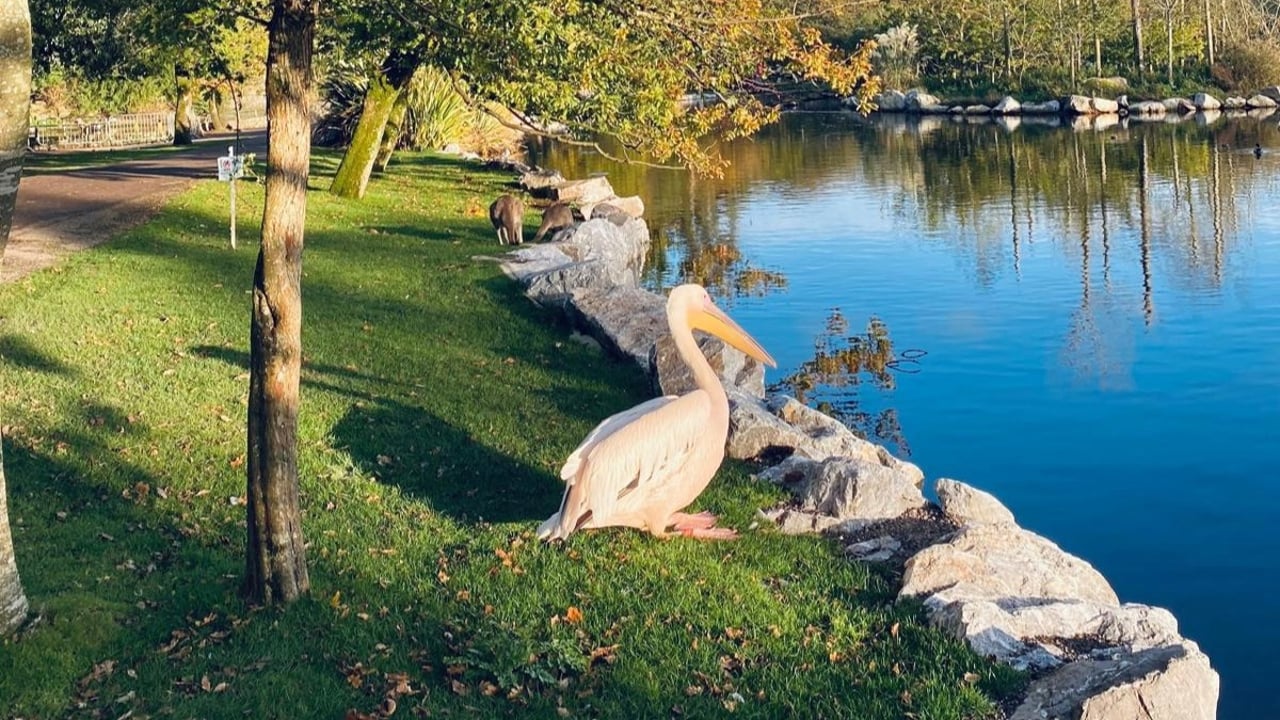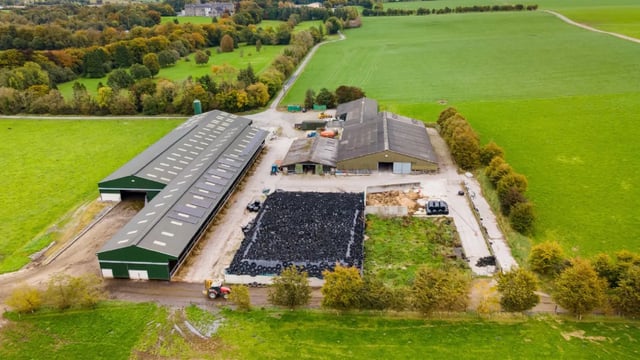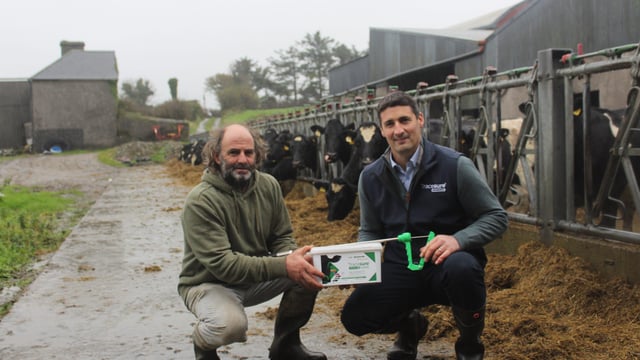TD calls for support for Fota Wildlife Park during closure due to bird flu
A Cork East TD has called for interim financial support for Fota Wildlife Park during its temporary closure due to bird flu.
Fota Wildlife Park confirmed it will remain closed for a number of weeks after cases of bird flu were confirmed at the facility.
Eleven confirmed cases of avian influenza have been identified in the Greylag Goose population.
Fota Wildlife Park said that in consultation with the Department of Agriculture, Food and the Marine (DAFM), it has begun implementing a comprehensive strategy of mitigation measures.
Vital role
The closure has stopped visitor admissions and a revenue generations stream for the site, Fine Gael TD Noel McCarthy has highlighted.
“Fota Wildlife plays a vital for in conservation, education and tourism – not just for Cork, but for the entire country," deputy McCarthy said.
"The temporary closure is necessary to protect avian, animal as well as human health, but it also places significant financial strain on the park.
“Interim funding should be considered to ensure the park can maintain essential care for its animals and its staff during this difficult period."
Fota Wildlife Park is home to 21 species of captive birds (approximately 168 birds in total).
It is also home to over 100 species of animals (almost 700 animals in total) and 75 of these animal species are at risk of extinction.
Difficult time
Aileen Tennant, director of Fota Wildlife Park, said this is an "extremely difficult time for everyone at Fota Wildlife Park".
The closure of the park "is being taken based on expert veterinary advice and our unwavering commitment to safeguarding birds in our care, especially our endangered breeding species", she said.
"Our extensive, pre-existing vaccination programme and robust biosecurity protocols have proven successful, with the vast majority of birds in the park remaining healthy and showing no symptoms of illness," Tennant added.
New biosecurity regulations
New biosecurity regulations which will require all flock keepers to apply specific biosecurity measures for poultry and other captive birds have been introduced.
The Minister for Agriculture, Food and the Marine, Martin Heydon, today (Friday, October 24) said the regulations had been introduced to protect poultry from the risk of bird flu.
One of the key measures is to prevent wild bird gaining access to poultry and captive birds and also to their environment.
According to the Department of Agriculture, Food and the Marine (DAFM) there is an "increasing risk to poultry and captive birds during the higher-risk period for avian influenza".





